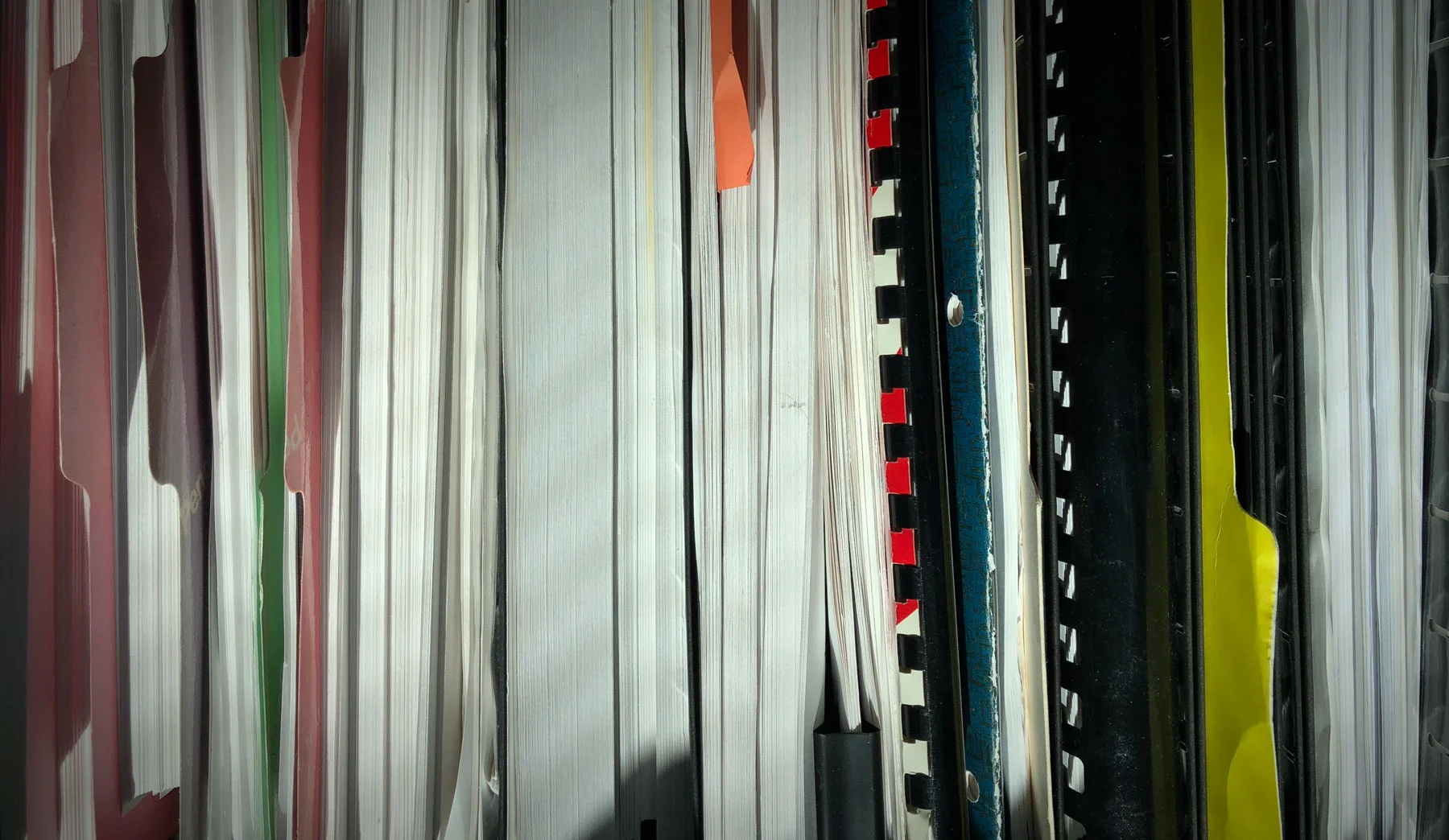When you’ve gathered your belongings and set off for the door, keys in hand, and you ask, “Hey. Need anything before I go?” what you are really saying is, “I have something else to do. Are you in such need of help that I should divert my plans?”
It changes quite a bit when we approach someone, empty-handed, sans travelling coat, and we say, “I’d like to help you in some way. What can I do?”
In the first example, we ask someone to press upon us twice: once to change our schedule, and then to do the thing that helps.
The other way — the more generous way — is to show up, unsolicited… not poised to leave, but poised to help.










